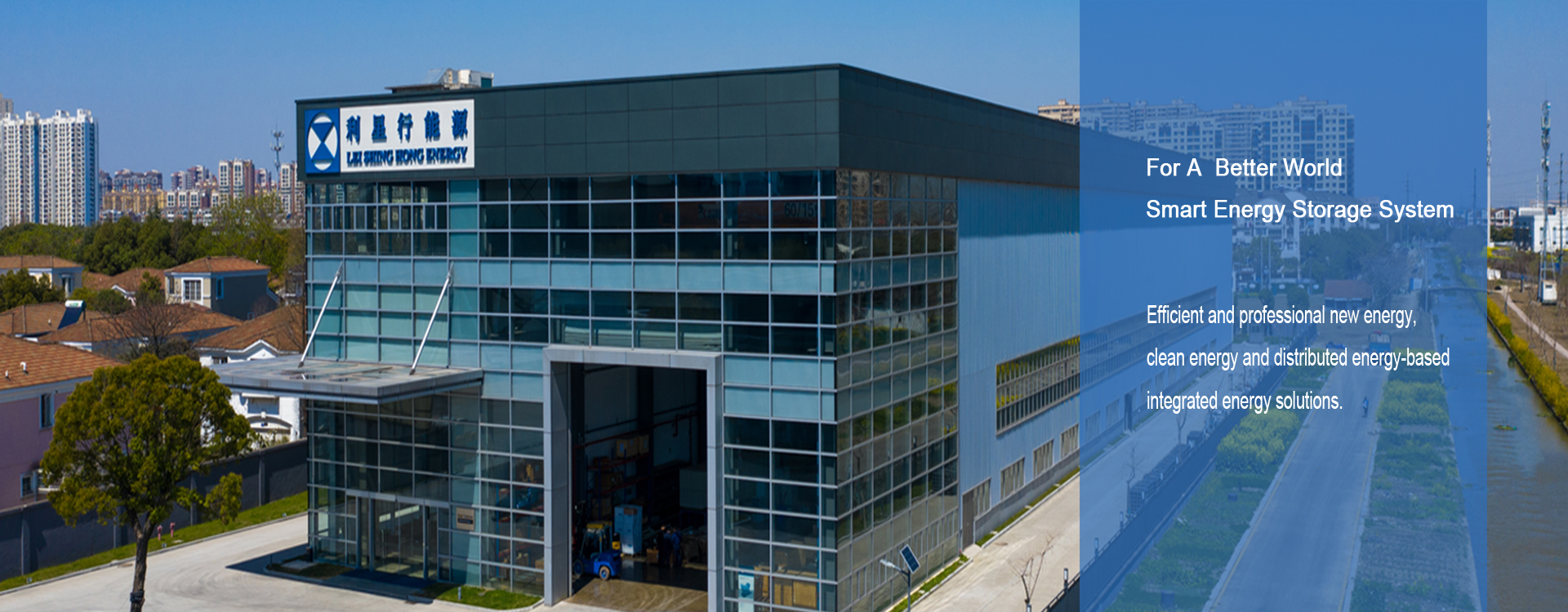Aveți dificultăți în a găsi un echilibru între cost, fiabilitate energetică și scalabilitate în proiectele rezidențiale? Dacă sunteți dezvoltator rezidențial, antreprenor EPC sau integrator energetic, cunoașteți provocarea: cum să furnizați energie stabilă, eficientă și rentabilă pentru proprietăți de diferite dimensiuni.
Indiferent dacă lucrați la o casă unifamilială sau la un complex rezidențial mare, clienții dumneavoastră solicită facturi mai mici, mai puține întreruperi de curent și opțiuni de energie sustenabilă.
De aceea, sistemele fotovoltaice și BESS pentru locuințe nu mai sunt opționale, ci esențiale. Dar nu toate sistemele sunt create la fel. Alegerea sistemelor fotovoltaice și BESS potrivite pentru locuințe înseamnă înțelegerea caracteristicilor cheie ale produsului, a performanței pe termen lung și a scalabilității pentru a se potrivi dimensiunii proiectului și cererii viitoare.
PV&BESS pentru Rezidențial: Caracteristici Cheie pe care Cumpărătorii Ar Trebui să le Prioritizeze
Atunci când evaluați PV&BESS pentru Rezidențial, accentul ar trebui să fie pus pe caracteristicile care afectează performanța zilnică, rentabilitatea investiției și satisfacția clienților. Iată ce trebuie să căutați:
1. Design scalabil pentru orice dimensiune de proiect
Un sistem care funcționează pentru o singură locuință s-ar putea să nu fie potrivit pentru un complex de 50 de unități. Căutați sisteme fotovoltaice și de încălzire cu energie solară (BESS) cu arhitectură modulară. Aceasta vă permite să adăugați sau să eliminați capacitatea bateriei sau aportul solar pe măsură ce nevoile proiectului se schimbă.
De exemplu, un sistem BESS de 10 kWh poate fi ideal pentru o casă cu 3 dormitoare, în timp ce un bloc de locuințe ar putea avea nevoie de o soluție centralizată de 500 kWh cu funcții inteligente de partajare a energiei.
2. Eficiență ridicată dus-întors
Nu toate sistemele stochează și returnează energia în mod egal. Cele mai bune sisteme fotovoltaice și de calitate superioară (BESS) pentru sisteme rezidențiale oferă o eficiență dus-întors de 90-95%, ceea ce înseamnă că se pierde o energie minimă în timpul ciclurilor de încărcare/descărcare. O eficiență mai mare înseamnă mai multe economii pentru utilizatorul final și o performanță energetică mai bună.
3. Sisteme inteligente de gestionare a energiei (EMS)
Cumpărătorii de astăzi își doresc mai mult decât putere - își doresc control. Alegeți sisteme cu EMS încorporat care să suporte:
- Deplasarea sarcinii
- Rasierea vârfurilor
- Programarea copiilor de rezervă
- Interacțiunea cu grila
Unele platforme oferă chiar și aplicații mobile pentru urmărirea consumului de energie în timp real.
4. Siguranță și certificări
Căutați soluții PV&BESS cu certificări de siguranță precum UL9540, IEC 62619 și VDE-AR-E 2510-50. Acest lucru este esențial în special în mediile rezidențiale cu mai multe unități, unde protecția împotriva incendiilor și conformitatea cu rețeaua electrică nu sunt negociabile.
5. Instalare și întreținere ușoară
Pentru contractori și dezvoltatori, timpul de instalare reprezintă un cost. Alegeți sisteme cu unități precablate, invertoare plug-and-play și diagnosticare de la distanță. Acestea reduc timpul de configurare cu până la 40% și simplifică asistența pe termen lung.
Cum reduc costurile și creează valoare energia fotovoltaică și BESS pentru locuințe
În cadrul dezvoltărilor rezidențiale, energia solară + stocarea energiei poate reduce dependența de rețea cu până la 70%. Acest lucru nu numai că reduce facturile la energie, dar adaugă și valoare proprietății. Un raport din 2023 al Departamentului Energiei din SUA a constatat că locuințele cu sisteme integrate de energie fotovoltaică și stocare s-au vândut cu 4-6% mai mult decât locuințele similare fără acestea.
În comunitățile mari, unitățile BESS partajate pot ajuta la echilibrarea sarcinilor și la reducerea solicitării transformatoarelor, reducând costurile de modernizare a infrastructurii pentru dezvoltatori.
De ce LSH Energy Solutions este partenerul potrivit pentru proiectele dumneavoastră rezidențiale
LSH Energy Solutions este un producător și integrator de încredere de sisteme fotovoltaice și sisteme BESS pentru proiecte rezidențiale de toate dimensiunile. Cu peste 12 ani de experiență, deservim dezvoltatori, instalatori și contractori energetici din America de Nord, Asia de Sud-Est și Orientul Mijlociu.
Gama noastră de produse include:
- Module fotovoltaice rezidențiale: Panouri monocristaline de înaltă eficiență, cu o eficiență de până la 22,5%.
- Sisteme de stocare a energiei în baterii (BESS): De la 5 kWh la 2 MWh, scalabile pentru orice proiect.
- Invertoare hibride și platforme EMS: Integrare perfectă, control bazat pe aplicații și compatibilitate cu rețeaua.
De ce să alegeți LSH Energy Solutions?
- Soluții personalizate pentru locuințe individuale sau comunități întregi
- Livrare la timp cu certificări internaționale
- Suport tehnic complet, de la proiectarea sistemului până la instalare
- Serviciu clienți 24/7 și diagnosticare de la distanță
Alegând LSH Energy Solutions, obțineți mai mult decât echipamente - beneficiați de un partener care vă susține creșterea și garantează fiabilitatea sistemului pe termen lung.
Data publicării: 25 iunie 2025

